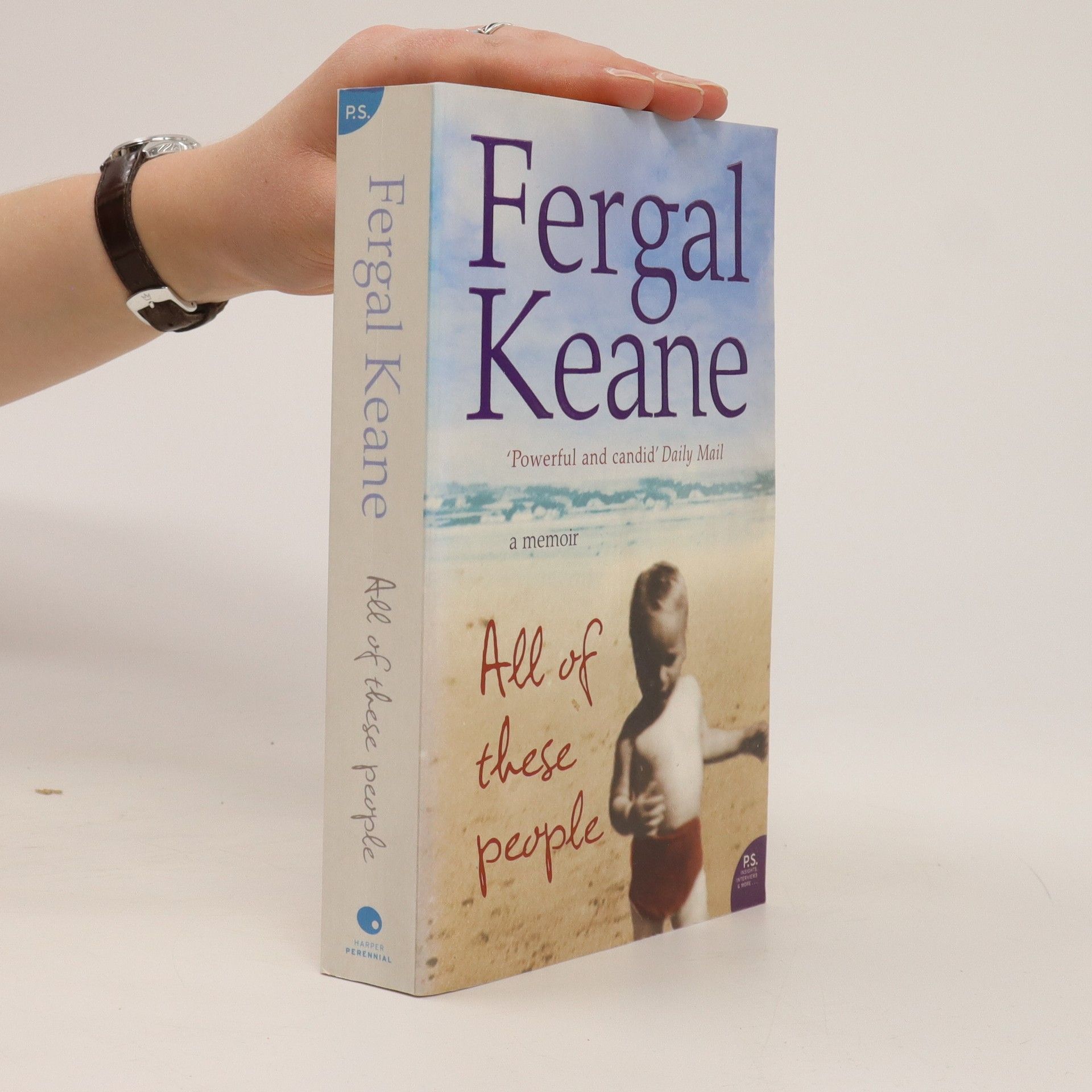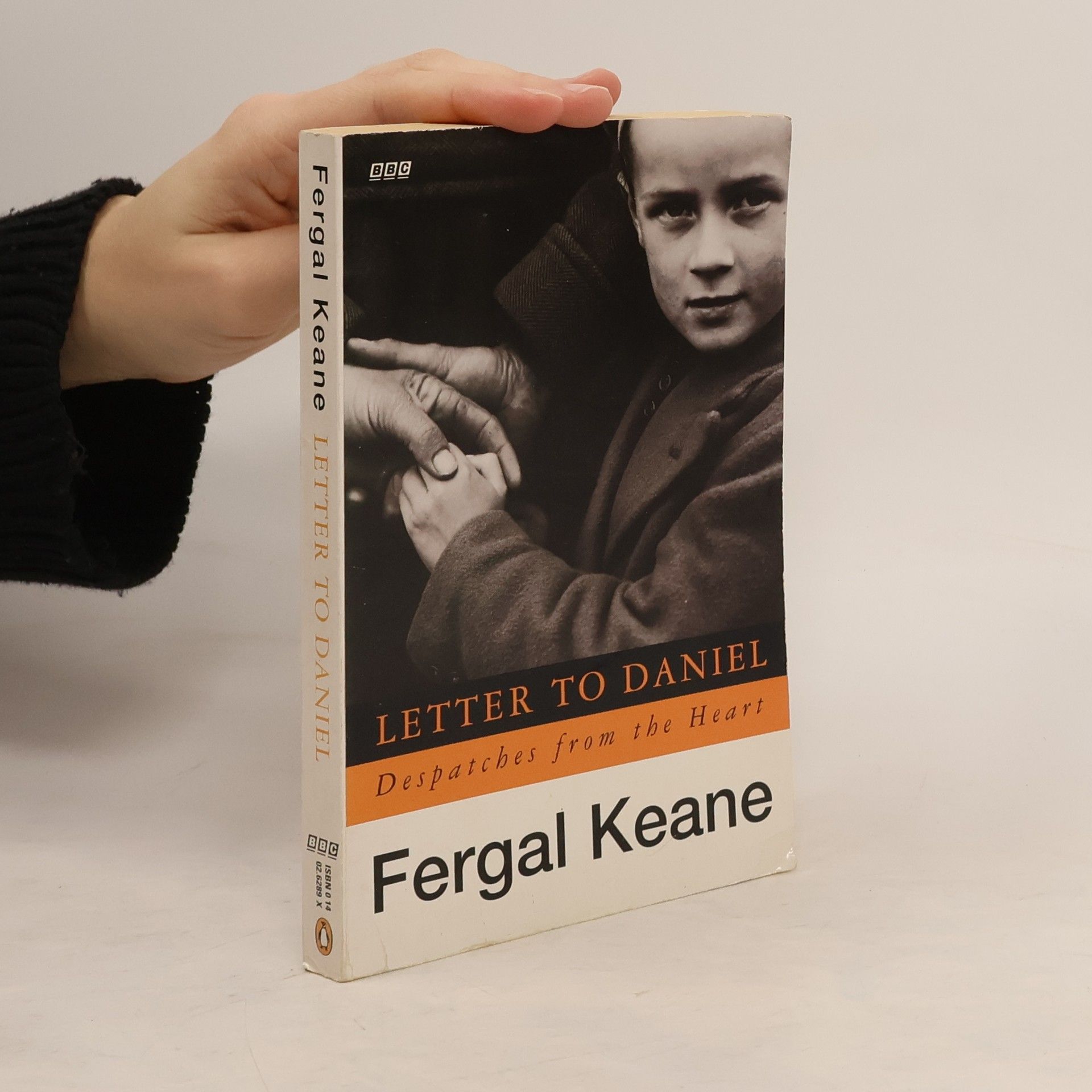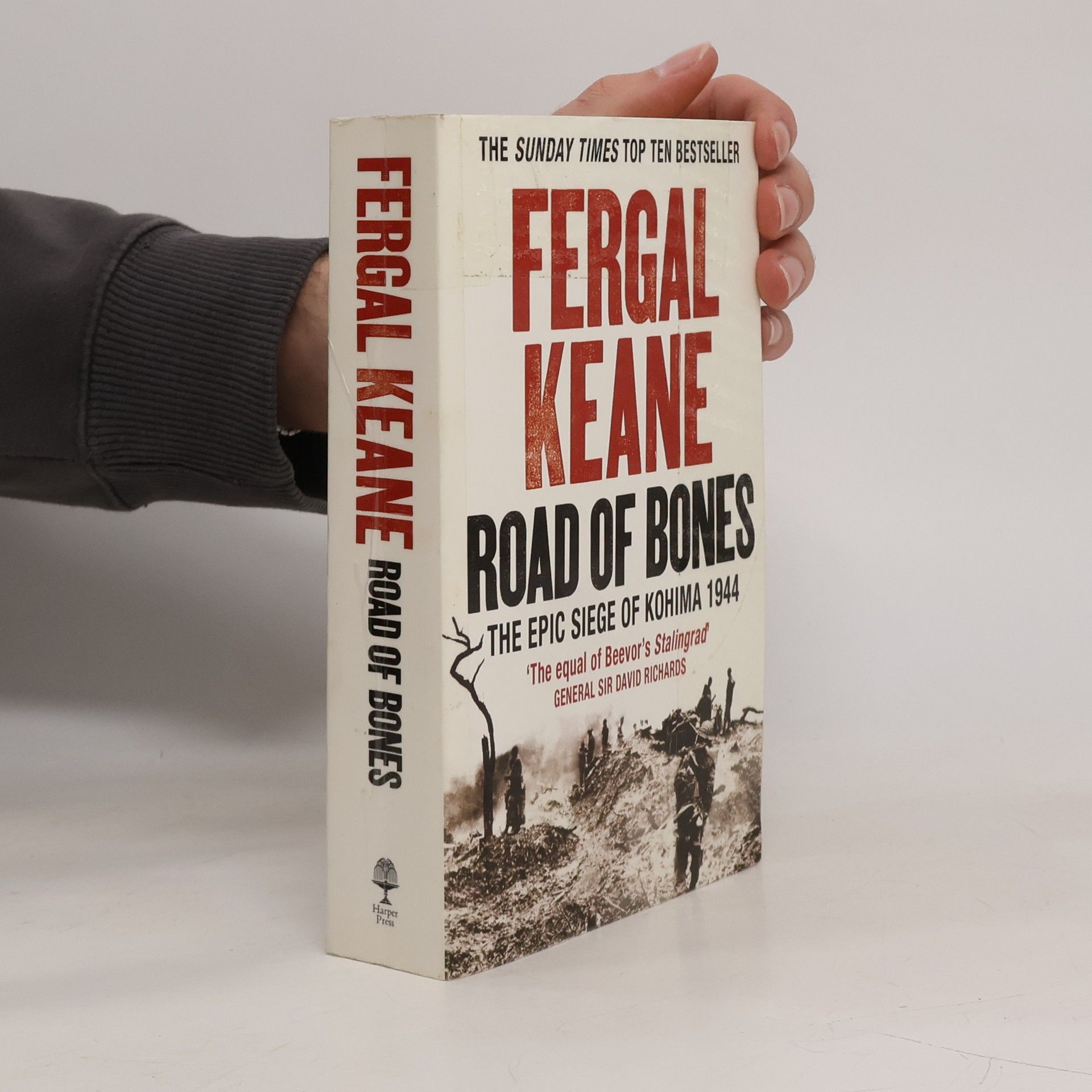Winner of the British Army Military Book of the Year 2011 The story of one of the most brutal battles in modern history - fought at a major turning point of the Second World War.
Fergal Keane Bücher





The Madness
- 304 Seiten
- 11 Lesestunden
A powerful, probing book about PTSD.As a journalist Keane has covered conflict and brutality across the world for more than thirty years, from Rwanda, Sudan, South Africa, Somalia, Iraq, Afghanistan, Ukraine and many more. Driven by an irresistible compulsion to be where the night is darkest, he made a name for reporting with humanity and empathy from places where death and serious injury were not abstractions, and tragedy often just a moment’s bad luck away.But all this time he struggled not to be overwhelmed by another story, his acute ‘complex post-traumatic stress disorder’, a condition arising from exposure to multiple instances of trauma experienced over a long period. This condition has caused him to suffer a number of mental breakdowns and hospitalisations. Despite this, and countless promises to do otherwise, he has gone back to the wars again and again.Why?In this powerful and intensely personal book, Keane interrogates what it is that draws him to the wars, what keeps him there and offers a reckoning of the damage done.PTSD affects approximately six per cent of the adult population from all walks of life. Trauma can be found in many places, not just war. Keane’s book speaks to the struggle of all who are trying to recover from injury, addiction and mental breakdown. It is a survivor’s story drawn from lived experience, told with honesty, courage and an open heart.
Letter to Daniel
- 240 Seiten
- 9 Lesestunden
Fergal Keane is the BBC's best known foreign correspondent. This collection of his work includes articles written in South Africa Cambodia, Rwanda, Sri Lanka and Japan. It also contains the widely known and emotive work, "Letter to Daniel".
All of these people : a memoir
- 396 Seiten
- 14 Lesestunden
Fergal Keane addresses his experience of wars of different kinds, some very public and others acutely personal. Originally published: London, HarperCollins, 2005.
Letters Home
- 224 Seiten
- 8 Lesestunden
A follow-up to "Letters to Daniel", this collection of pieces is largely taken from Fergal Keane's broadcasts and columns from some of the most horrific warzones he has visited in 1999: Sierra Leone, Kosovo and Rwanda.